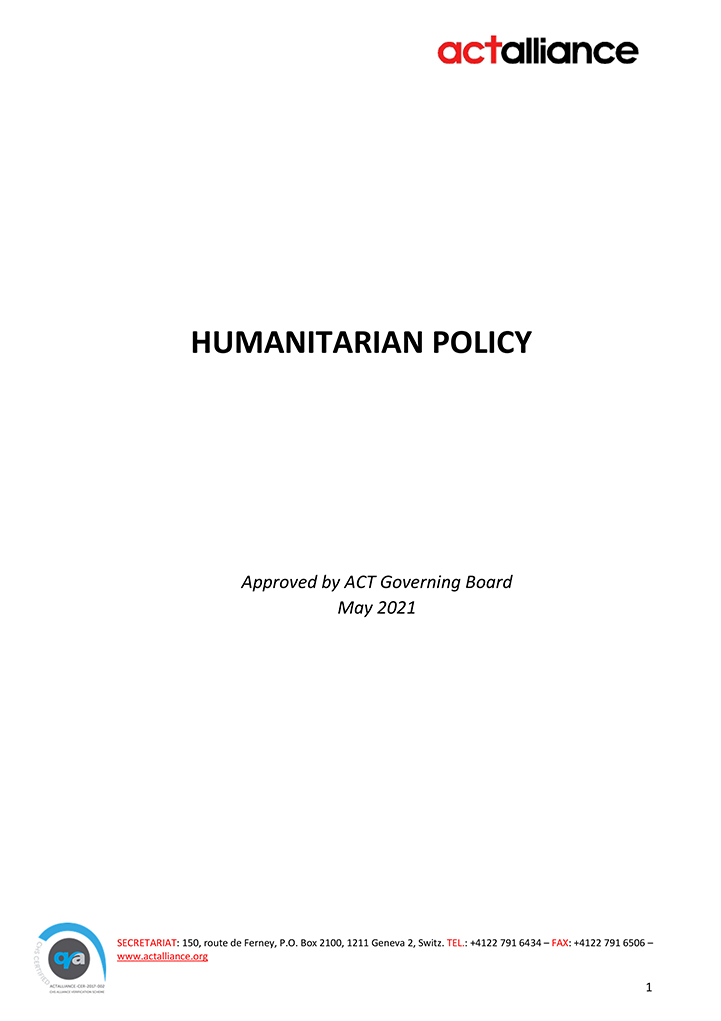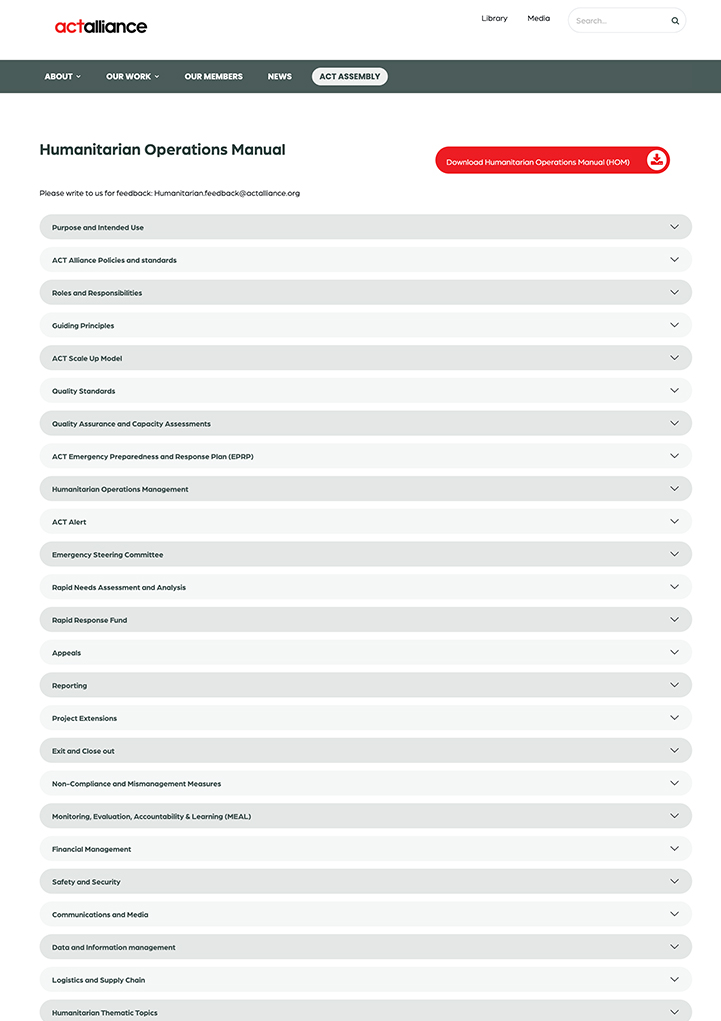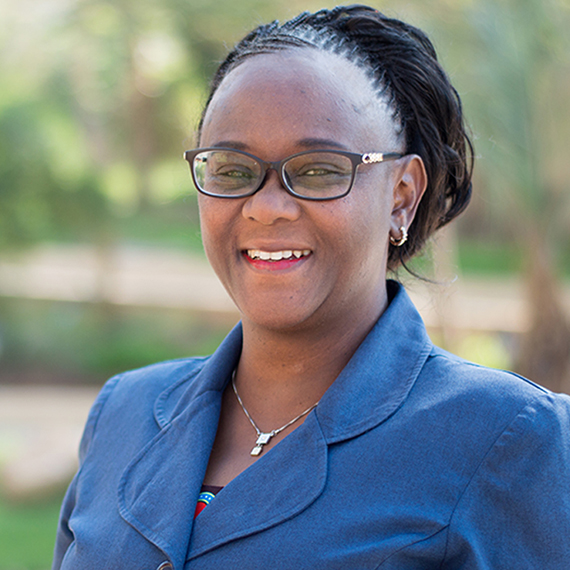The current emergency in Honduras is caused by two weather phenomena: the rainy season (which starts in July and lasts until October-November each year) and La Niña, which is expected to last until February 2023.
Since July, several yellow alerts have been issued by COPECO (Secretary of State in the Offices of Risk Management), which led to the issuance of the national declaration of a state of emergency on the 24th of September.
The heavy rains caused overflows of rivers, landslides, mudslides, and floods, which subsequently brought the destruction of homes, losses in crops and livestock, confinement of several communities, and severe damage to the road network (primary, secondary, and tertiary).
So far, 14 departments have been affected: Santa Bárbara, Copán, Cortes, Yoro, Francisco Morazán, Colón, Lempira, Ocotepeque, Comayagua, La Paz, Intibuca, Valle, Choluteca, and El Paraíso.
According to official data released by COPECO and SINAGER (Governing Body of the National Risk Management System), 73,094 people were affected, 16,254 people evacuated, 144 shelters have been enabled (in 7 departments), 9,403 people sheltered, and 742 affected communities in the national territory.
RRF 13 2022 Honduras Floods










